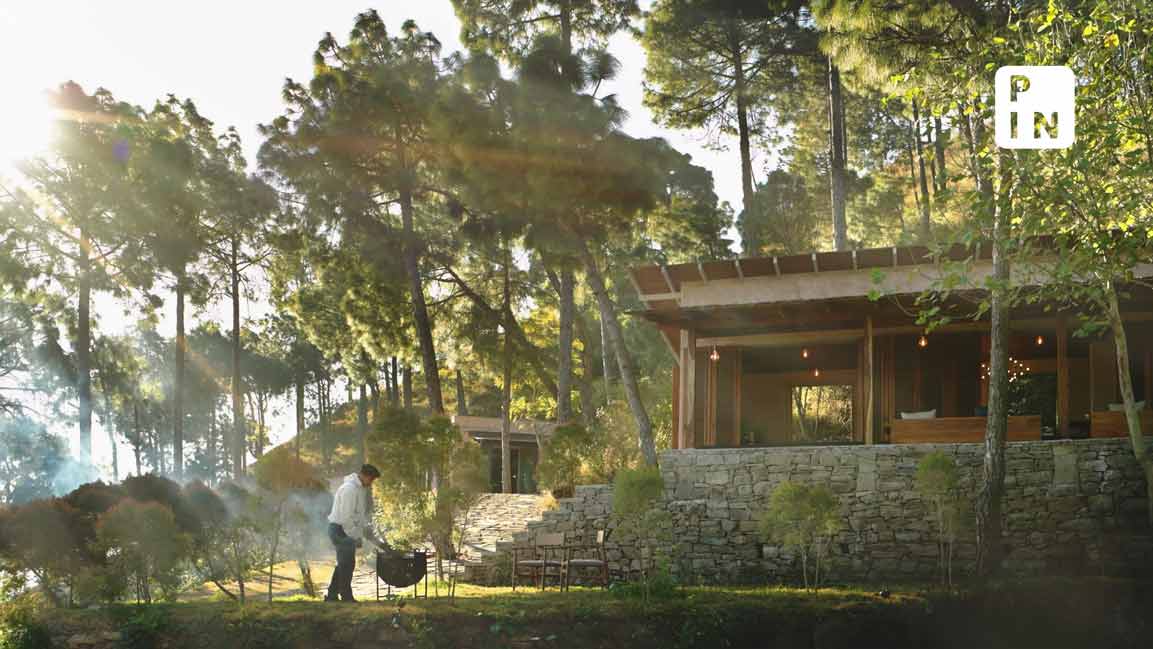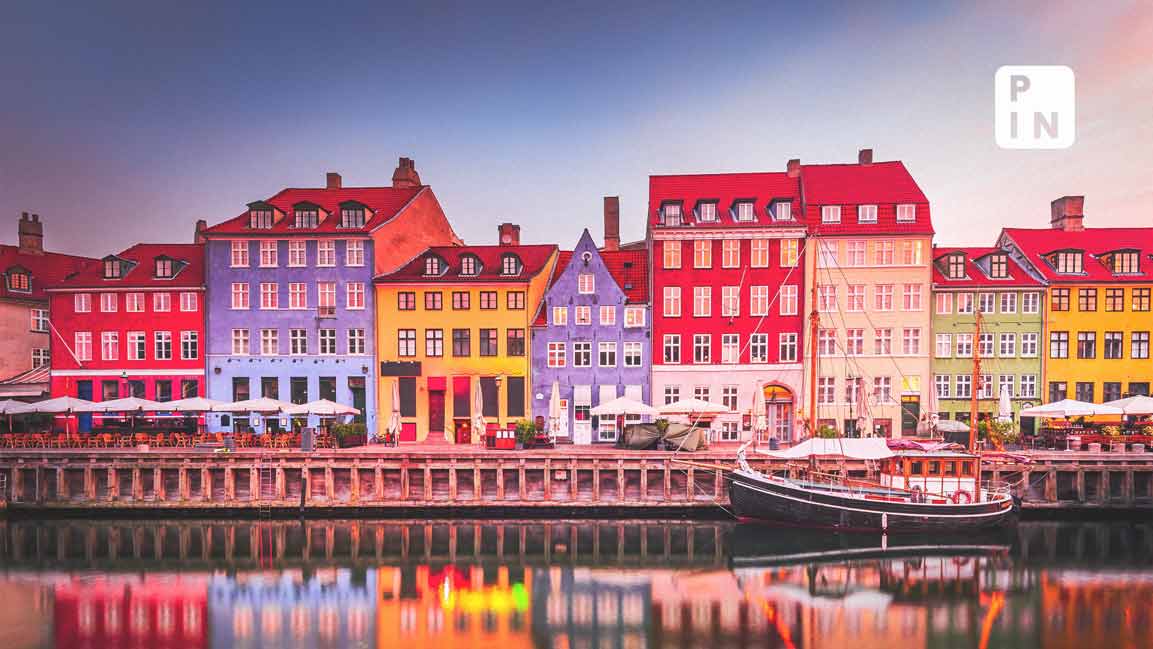- | 1:40 pm
Nostalgia meets reality as London’s India Club to shut next month
The club had served as a meeting place for British citizens rallying against imperialism and Indian reformers

“I have very fond memories of my many visits to the India Club as a child – walking down from Bloomsbury, through Covent Garden, then up the stairs to the India Club, which seemed like a portal to another world, and another time,” Edward Anderson, assistant professor in history at the Northumbria University in the UK, said.
The India Club on The Strand in London, with its rich historical significance and treasured memories, is preparing to say goodbye in September.
Despite an arduous struggle to keep it running, which included online petitions, the club is set to shut down next month. The decision marks the end of an era, resonating not only with the loss of a physical establishment but also with the fading echoes of a bygone era.
The India Club has its origins intertwined with the Indian independence movement, and has long stood as a historic hub for nationalists, led by India’s first high commissioner to the United Kingdom, V.K. Krishna Menon.
Menon was a leader of the India League, which was established in England in 1928, and dedicated to fervently advocate for India’s complete autonomy and self-governance.
Tracing back its origins to a vital period in Indian history, the club served as a meeting place for British citizens who rallied against imperialism and Indian reformers.
In these rooms, some of the most imposing British supporters of Indian self-rule met with Indian activists to discuss reforms.

[Source photo: Oskar Proktor]
“Although, to begin with, I was unaware of its historical significance, it was very clear that the place had a rich and fascinating history,” Anderson told Press Insider.
Over time, Anderson would come to know more about the portraits and photographs that adorned the wall, including that of Jawaharlal Nehru, Mahatma Gandhi, Indira Gandhi, and Menon.
“As someone interested in the Indian diaspora, and in transnational politics, the India Club is a really unique and noteworthy place. It’s truly awful that this historic site will now be lost forever,” Anderson said.

The late President Dr. S Radhakrishnan with Indian journalists at India Club in 1951. [Source photo: The India Club]
Congress member of Parliament Shashi Tharoor penned an emotional note on X (formerly Twitter) over the announcement, reflecting on the historical connection that his father, Chandran Tharoor, had with the venue as a journalist.

Chandran Tharoor, senior Congress MP Shashi Tharoor’s father (center), overseeing a social evening in the club.
“I am sorry to hear that the India Club, London, is to close permanently in September. As the son of one of its founders, I lament the passing of an institution that served so many Indians (and not only Indians) for nearly three-quarters of a century. For many students, journalists and travelers, it was a home away from home, offering simple and good quality Indian food at affordable prices as well as a convivial atmosphere to meet and maintain friendships,” he wrote.
I am sorry to hear that the India Club, London, is to close permanently in September. As the son of one of its founders, I lament the passing of an institution that served so many Indians (and not only Indians) for nearly three-quarters of a century. For many students,… pic.twitter.com/bwyOB1zqIu
— Shashi Tharoor (@ShashiTharoor) August 19, 2023
The note spurred reactions from people who lamented the impending shutdown of a significant piece of British-Indian history in London.
“It is a sanctuary from the hustle and bustle, and carbon copy commercialism, that dominates most of central London,” Anderson noted.
The wave of nostalgia contrasted sharply with the practical concerns that were threatening the club’s existence.

Gyanaprakasam Joseph, the head waiter at the India Club for 37 years, held all his family functions at the Club including his wedding celebration. [Source photo: The India Club]
They had earlier submitted an application to Westminster City Council, seeking approval for a “partial demolition” and constructing a new hotel.
The council, however, rejected the application, recognizing the venue’s significance as a cultural establishment situated in the center of London.
According to Anderson, the movement to save the India Club underlined how much it meant to such a wide range of people, all around the world.
“The campaign to save the India Club – spearheaded tirelessly by the amazing Yadgar and Phiroza Marker, who run the place – produced some incredible moments and interactions.
Yadgar Marker and daughter Phiroza have held the lease for the past 26 years.
“This is a bit paradoxical as, of course, the campaign to save it was extremely fraught. But it brought together a really wide range of amazing people: community organizers, historians, writers, political activists, and so many more,” said Anderson.













